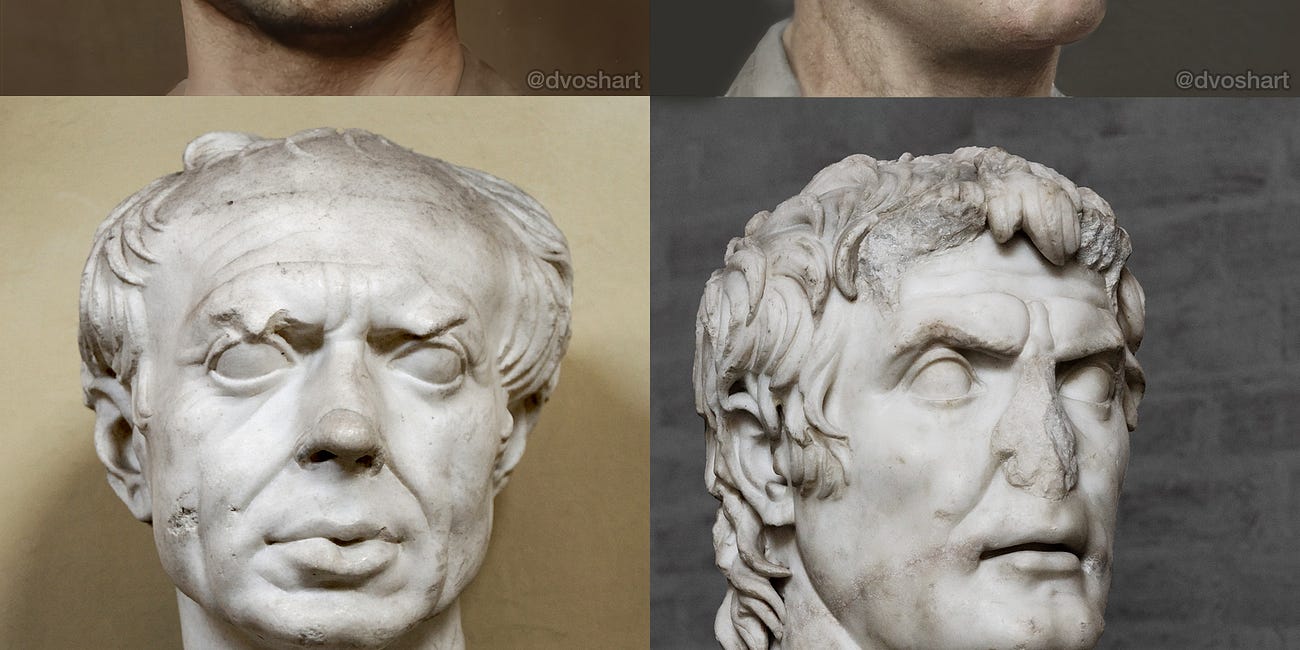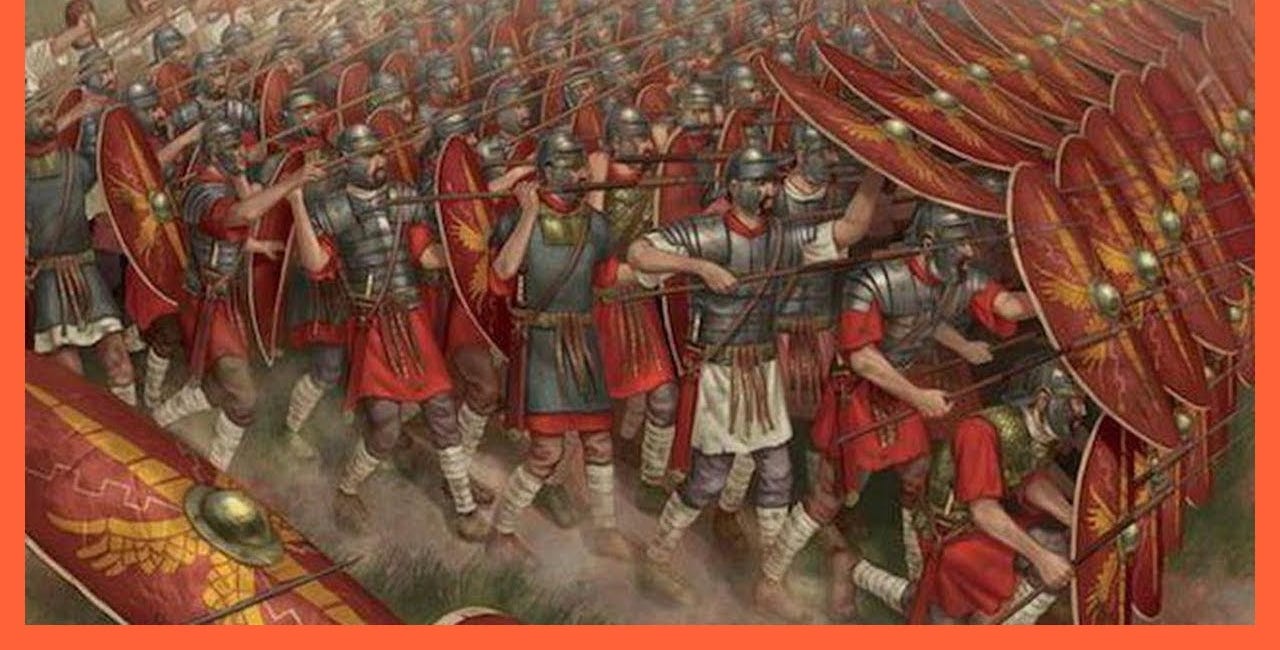Solid academic treatment of great steppe nomad empire
Review of The Scythians: Nomad Warriors of the Steppe by Barry Cunliffe
This is a highly detailed account of the Scythians, a nomadic warrior empire that flourished from 9th to 2ndcentury BCE. If you are into classical history, you see many references to them that I’ve always found mysterious and unexplained, at least in the textbooks I read. In this book, Cunliffe offers a grand synthesis of the archaeological evidence on them measured against the tidbits mentioned in classical sources.
The Scythians emerged in the 9th century, coming somewhere from the east within the great steppes that stretch from Mongolia to Hungary. As nomad warriors, they depended heavily on their mastery of the horse as well as a particularly effective bow. They raided and foraged, accumulating sufficient wealth to produce some beautiful artifacts that were buried with their leaders. They disappeared in their turn from attacks by eastern tribes in 2nd century, but made their mark fighting the Persians, Greeks and Romans.
Because they were an illiterate culture, the little that is written about them comes from Herodotus and a few other antique sources. Cunliffe avoids flights of fancy, sticking to the facts. While at times colorless, he at least offers a clear understanding of the steppe and how it shaped our history. Invaders came from the east in search of more fertile, warmer lands to the west, displacing and absorbing the peoples that had done so in earlier generations. I had never realized that this was a sociological type of empiric endeavor, the most famous of which was Genghis Khan.
A curious gap in the coverage is about their language and origins. I have assumed that they were a Persic people, speaking their own dialect that only resembled that of the great Empire that they fought to the south. It remained unclear to me how they grew as a people into a coherent culture. I guess none of this is known.
The book is lavishly furnished with maps, illustrations and photos that are great fun as well as necessary adjuncts to the text. The gold crafts are incredible to behold, a sign of a unique civilization no matter how little we can truly know of it.
For the most part, it is very interesting and well written, only rarely bogging down in the descriptions of burials and artifacts that make academic studies such a slog. This is a very good book for students of antiquity and archaeology. A model of clear exposition and disciplined reasoning. Most of it is a joy to read.
Related reviews:
Pivotal turning point of antiquity
This is a narrative panorama of one the great historical watersheds: the slide to the destruction of the Roman Republic. Holland begins with the rivalry of Marius and Sulla. In the late 2nd century BCE, these two generals appeared in the period when Rome was expanding so rapidly that a new source of manpower had to be found: rather than exclusively rely…
The other great classical civilization
I have always been curious about Carthage. This great power has long been defined against its adversaries, the Greeks and the Romans. Having left no real literary legacy, Carthage is like the dark matter of that period: you know it is there, but can't quite see it except as a gravitational well. And yet, it is portrayed as the
The evolution of the Roman military machine
This book follows the development of the Roman Army from its mythic founding (in 753 BCE) to the collapse of the West in the 5th century CE, over nearly 700 years. The writing is dense and to the point, skipping narrative treatment for hard-nosed analysis. What made the Roman Army unique”? How did it adapt to different circumstances? What was interplay …
https://crawdaddy.substack.com/archive?sort=search&search=rome
Pretty dull read, but worth the effort if you want to make it
I read Scullard’s book, which is billed as a classic textbook, because I wanted to know more about the early history of Rome, from its founding to the achievement of sole superpower status in the Mediterranean. According to its foundational myths, Aeneas, the cousin of Hector, arrived in Rome as a refugee from Troy. This directly connects Rome to the Il…







